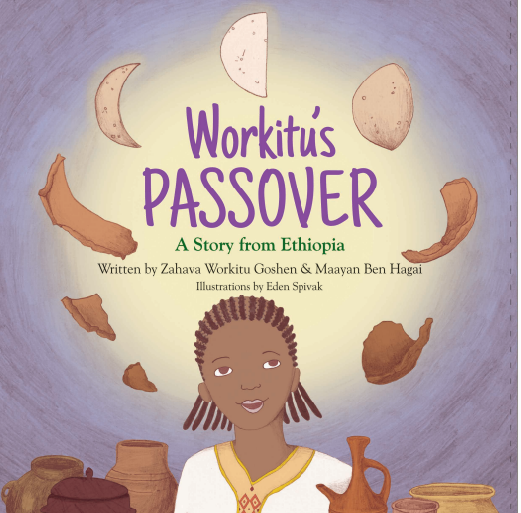In August of 2017, we interviewed Souksavat Soukhaseum, knowns as Souks, about his journey from Laos as a child to being a Jewish New Yorker to working at the Free Synagogue of Flushing. Reaction to that interview came from around the world and led to an unexpected invitation.
Were you surprised by the response to the original piece?
Yes, I was. It was crazy. There were responses from all over. There were a lot of people here in New York who read it. In the Midwest, there is a large Laotian community. There was a lot of interest. Most of it was positive and encouraging. People in Southeast Asia were very interested in hearing my story, in seeing how a refugee who left with nothing made a life for himself. Opening up was hard for me, but in my work that is key, and now I am more comfortable telling my story.
The biggest surprise came when I went to Singapore for a vacation. I made an appointment to see Rabbi Nathan Alfred of the United Hebrew Congregation. I introduced myself and he said, “I know who you are. I read your blog.”
In addition to serving the progressive Jewish community in Singapore, Rabbi Alfred does outreach to communities in other countries, but he had never been to Laos or really worked with the community there, and he was excited to meet a Laotian Jew. He casually mentioned that we should arrange a trip to Laos together. I thought it was just one of those things that people say, but then a short while later they had a date and a plan and they invited me to join them to spend Shabbat in Laos.
How did you feel when you got the invitation?
As a child, my family had to flee this country. I found myself asking, “What am I doing?” I had been back once before for work, but this time it was of my own choosing, and I was wondering why go back to a country I left and gave me nothing. My mother had a really strong reaction. She was worried about my safety, which is understandable; the last time she was in Laos they were shooting at us. But I was also excited. I was being invited back because I had something to contribute. I had the possibility of contributing to Jewish life in the country where I was born, representing my synagogue and world Jewry. So I decided to go.
Tell us about the trip.
I arrived on a Thursday and met up with Rabbi Alfred and the folks from the United Hebrew Congregation. There were five of them who came to spend Shabbat in Laos. We did a day of touring with our host, who is a Swiss Jew from Bern. I was the only Laotian in the group, so I took them to Buddhist Temples.
Was it strange to be a former Buddhist, now Jew, showing a group of Jews around a Buddhist Temple?
Not at all. I grew up as a Buddhist, so it was easy giving a tour and explaining Buddhism through Judaism. There are places of overlap such as the offerings, like Jews did in ancient times, what it means to come to a Temple, a place to pray and connect to share. Both religions are steeped in ritual and have an agricultural element and know the power of storytelling.
What else did you do?
Thursday was just touring. On Friday, we stayed home and prepared for Shabbat. We made all our own food so that we were ready to welcome the Jews living in Laos when we gathered for Shabbat.
What was Shabbat like?
We gathered at the home of the Swiss family. We sent out invitations and asked people to bring vegetarian dishes. We had 25 adults and 8 children. Most people were from other countries, but there were some people who married or partnered with people from Laos. We prayed together and ate together. We had a real range of dishes, including eggplant from the Philippines, kugel, hummus, and we had bread but no challah.
There is a real mix of people in the Jewish community in Laos. There is a coffee grower, a Dutch survivor of the Holocaust, Israelis producing chocolate, a baker from France, people involved in tourism. A whole range of people. This was the first time they had gotten together as Jews in Laos.
What do you think lies ahead for Jewish life in Laos?
I really don’t know. It is a small group. I’d love for them to be able to access a rabbi for holidays, but Laos is a landlocked country. It is not on the beaten path, so we will have to see.






